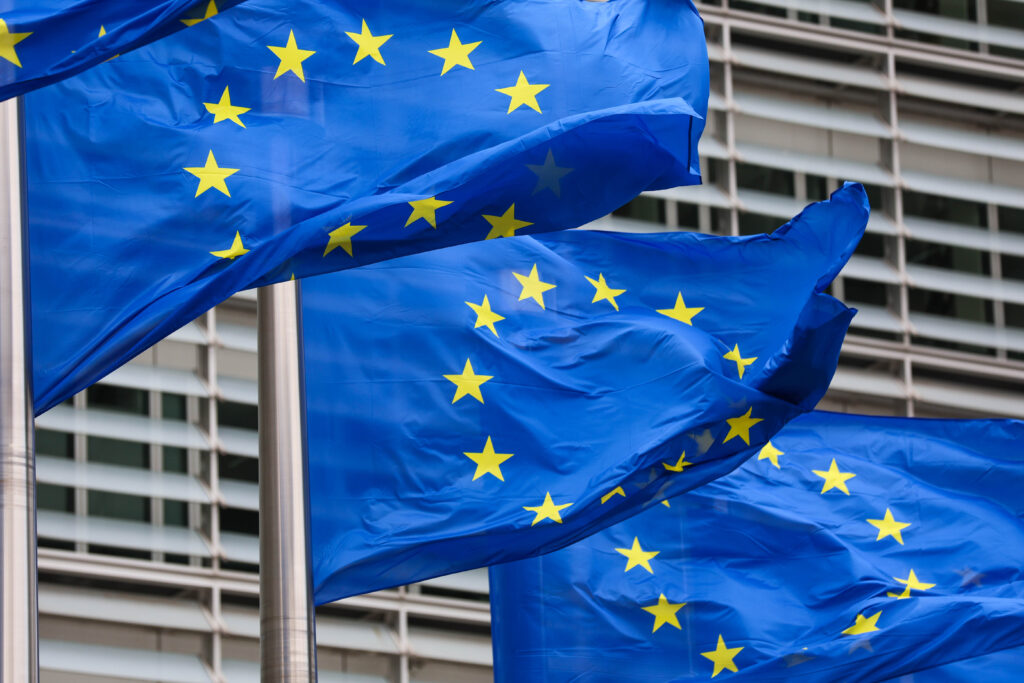Contaminated food and resurrected bacteria: EU agency sounds alarm over health risks of warming waters
Serious food poisoning from contaminated fish, drug-resistant bacteria emerging from melting permafrost and reindeer populations decimated by anthrax — these are just some of the looming threats to Europe as the Continent's waters warm, the European Environment Agency said in a report released Wednesday.
In its briefing, which drops as politicians begin hitting the campaign trail ahead of the European election in June, the EEA warned the EU must work harder to protect people and the environment from emerging waterborne diseases and pollution in a warming planet.
“Protecting human lives and health from the impacts of climate change, including droughts, floods and worsened water quality is of utmost importance and urgency,” said EEA chief Leena Ylä-Mononen in a statement.
The report comes amid uncertainty around the future of the European Green Deal, following farmers' protests and industry complaints about “red tape” ahead of next month's election.
“Existing European climate, water and health policies offer a solid foundation for action, but they need to be implemented more broadly and systematically,” added Ylä-Mononen.
Something in the water
One concern detailed in the report is that thawing permafrost in northern Europe will unleash a wave of previously contained pathogens and pollution. Metal contaminants, for example, could be released into water sources — tainting food and water quality. That could lead to an uptick in cancers, developmental and reproductive disorders and cardiovascular diseases.
The freeing of previously frozen — and antibiotic-resistant — pathogens is another worry. While the chance of such bacteria being active post-thawing is low, the authors note, the “consequences of their release are difficult to predict.”
Ciguatera poisoning, a foodborne illness caused by eating contaminated fish, could also become “more widespread in Europe in the future” due to the “increasing densities and range of the toxic microalgae” in warmer waters. And an “increased risk of anthrax outbreaks decimating reindeer poses a serious threat for Arctic herding communities through reduced source of food and income.”
Other health concerns include harmful algal blooms and higher infection risks of Legionnaires' disease.
Call to action
The European Commission came under fire earlier this year for indefinitely postponing the publication of a Water Resilience Initiative, expected to set out ideas on how to improve water resilience and guide the work of the next Commission.
Asked to comment on the missing file, given the EEA's concerns, the agency's climate change and human health expert Aleksandra Kazmierczak told reporters at a briefing: “The role of the EEA is to provide the best possible knowledge to support the European Commission's activities and that's what we are trying to do with this report.”
Kazmierczak pointed to the timing of the report's publication — the month before June's European election — adding “we are hoping to provide yet another bit of knowledge that comes to action on water resilience indeed.”

The authors call on EU countries to better integrate climate change into health policies and for existing EU legislation to be “urgently” and more consistently implemented. While many local authorities have climate adaptation plans, health is a “much lower priority than it is at the national level, often due to limited competences of sub-national authorities on the
issue.”
The report comes a day after the latest Lancet countdown report on health and climate change in Europe which also warned that the EU’s health sector is not ready to address climate change challenges.
There is “no doubt that health risks will only become more pronounced in the future — unless action is taken,” warns the EEA. “We therefore have to act now.”